Serving Topeka, Lawrence, Manhattan, St. Joseph and Surrounding Areas
Topeka - (785) 223-8323
Lawrence - (785) 209-7837
Manhattan - (785) 537-4665
St. Joseph - (816) 219-1480
The Future of Garage Door Businesses
The garage door industry is at a pivotal moment as new technologies, sustainability concerns, and evolving consumer preferences reshape the market. Garage doors, once seen as utilitarian components, are now central to a home’s functionality, security, and aesthetic appeal. With these changes, garage door businesses must adapt to stay competitive in an industry poised for significant transformation.
Smart Technology
A major driver of change in the garage door business is the rise of smart technology. According to Arizton, the global automatic garage door operator market was valued at $2.55 billion in 2022, reflecting a significant growth trajectory. This surge is attributed to the increasing need for automated systems that offer enhanced safety and ease of use. Garage door businesses must leverage this trend by offering a diverse range of automatic options tailored to different consumer preferences and requirements.
Today’s consumers want more than a garage door that opens and closes; they expect systems that integrate seamlessly with their smart homes. Features such as Wi-Fi-enabled openers, voice-controlled systems, and mobile app access are becoming standard. These technologies allow users to monitor their garage doors remotely, receive alerts if the door is left open, and even grant access to delivery drivers or service providers without being home. For garage door businesses, this trend opens up opportunities to cater to a tech-savvy audience, but it also requires investment in new product lines and ongoing training for technicians to install and service these advanced systems effectively.
Sustainability
Sustainability is another key factor shaping the future of garage door businesses. Consumers and builders alike are increasingly prioritizing eco-friendly products and materials. Garage door manufacturers are responding by offering doors made from sustainable materials such as recycled aluminum or bamboo. Insulated doors that improve energy efficiency are also in high demand, as homeowners look for ways to reduce their energy costs and environmental impact.
Keep in mind that embracing sustainability comes with challenges. The production of eco-friendly doors can be more expensive, and businesses must find ways to balance these costs while staying competitive. Marketing the long-term benefits of sustainable products, such as energy savings and durability, can help offset initial price concerns and attract environmentally conscious customers.
Design and Customization
In addition to technology and sustainability, the garage door industry is also seeing a shift in consumer preferences for design and customization. Garage doors are no longer just a functional element of a home; they are a critical part of its curb appeal. Homeowners want doors that complement their property’s architecture, whether that means sleek, modern designs, rustic wooden finishes, or custom colors and patterns.
Businesses that offer a wide range of styles, materials, and customization options are better positioned to capture the attention of today’s discerning consumers. However, meeting these demands requires investment in manufacturing capabilities and a deep understanding of design trends.
Service Innovation
The future of the garage door industry also lies in service innovation. As garage doors become more sophisticated, the need for professional installation, regular maintenance, and reliable repair services will grow. Businesses that prioritize excellent customer service and offer comprehensive maintenance packages will stand out in a crowded market. Moreover, leveraging technology to streamline service operations—such as offering online scheduling or real-time technician tracking—can enhance customer satisfaction and build loyalty.
Online Shopping
Another significant factor influencing the future of garage door businesses is the rise of e-commerce. Consumers increasingly research and purchase products online, and the garage door industry is no exception. Offering a seamless online shopping experience, complete with virtual design tools and easy-to-understand product descriptions, can help businesses reach a broader audience. Additionally, online platforms can provide an opportunity for businesses to educate potential customers about the latest products and technologies, strengthening their position as industry leaders.
Challenges
Despite these exciting opportunities, the garage door industry faces challenges, particularly in attracting and retaining skilled labor. As technology becomes more integral to garage door systems, technicians need specialized training to install and repair smart and automated systems. Businesses must invest in training programs to ensure their teams can meet these demands. Furthermore, creating a positive work culture and offering competitive wages can help attract and retain top talent in a tight labor market.
In the years to come, partnerships and collaborations will also play a vital role in the growth of garage door businesses. Companies that align with smart home technology providers, eco-friendly material suppliers, or home improvement retailers can gain access to new markets and resources. Strategic partnerships can also enable businesses to stay ahead of industry trends, ensuring they remain competitive in a rapidly evolving landscape.
The future of garage door businesses is filled with both opportunities and challenges. By staying adaptable and forward-thinking, garage door businesses can position themselves as leaders in an industry that continues to grow and evolve. If you're looking for high-quality garage door services, contact our team at Heartland Door & Window Co today!
Topeka, KS
Lawrence, KS
Heartland Door & Window Co
2711 Oregon St.
Lawrence, KS 66046
Manhattan, KS
Heartland Door & Window Co
8216 South Port Dr.
Manhattan, KS 66502
St. Joseph, MO
Heartland Door & Window Co
5002 S. Highway 169
St. Joseph, MO 64507



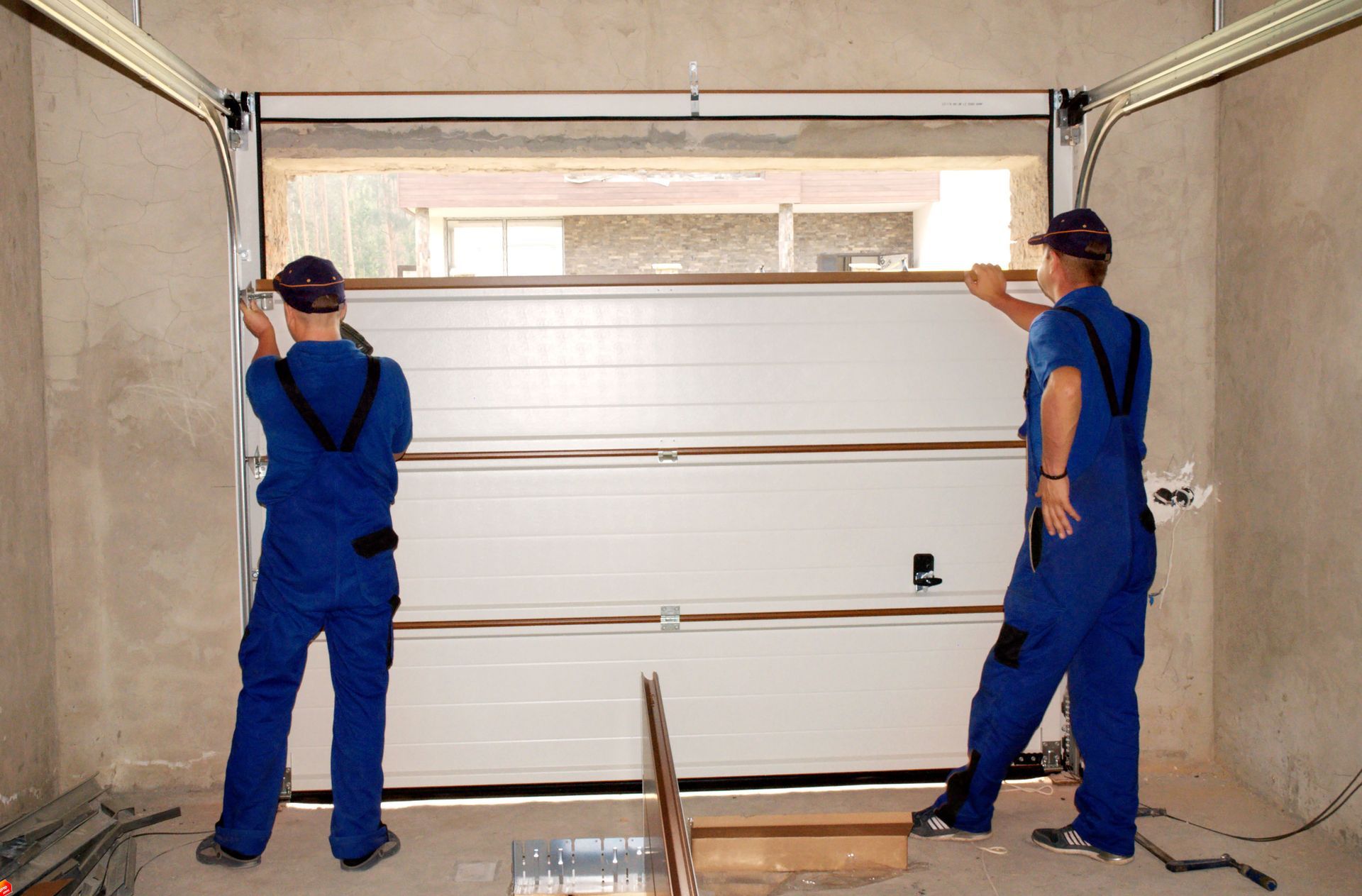

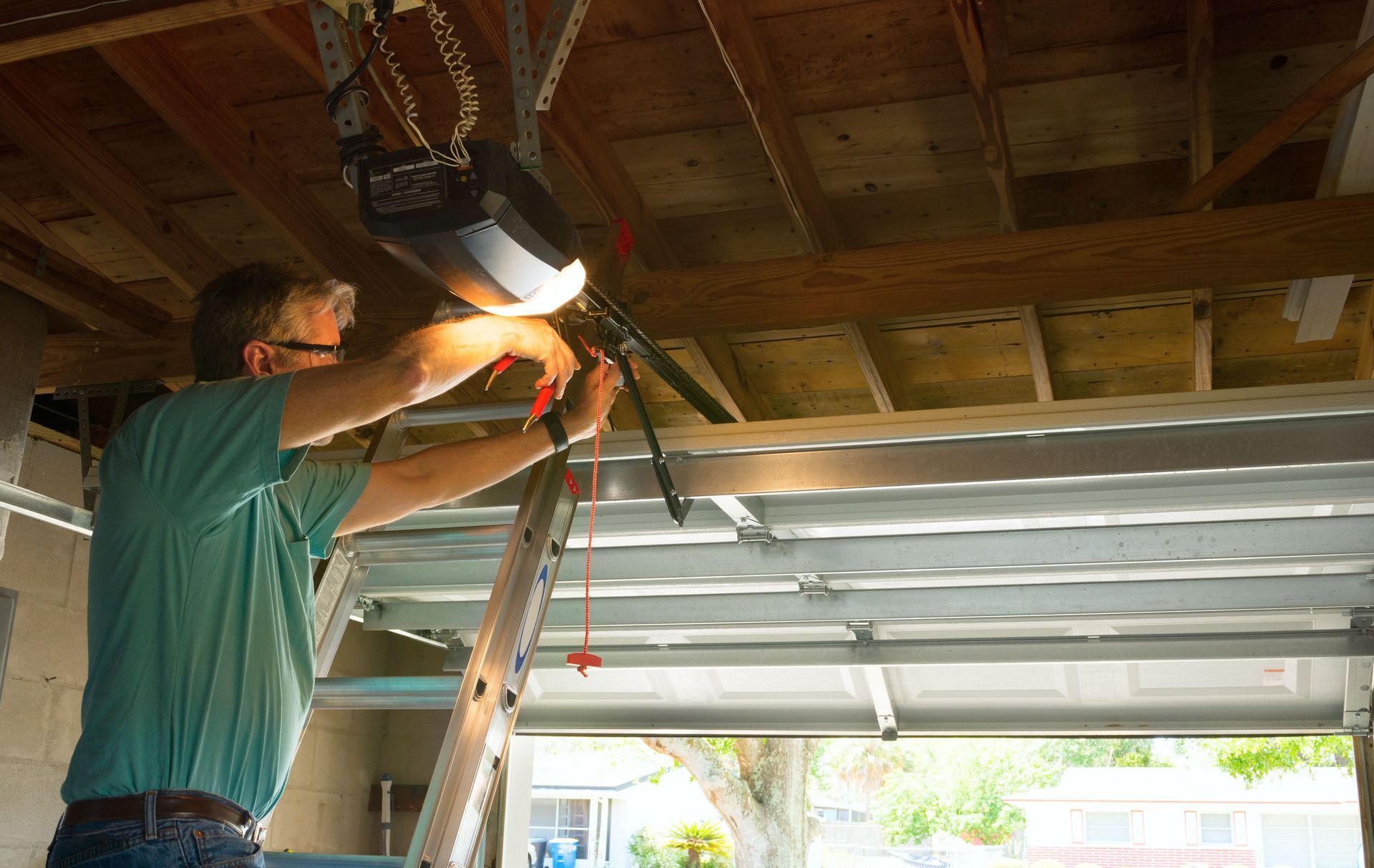

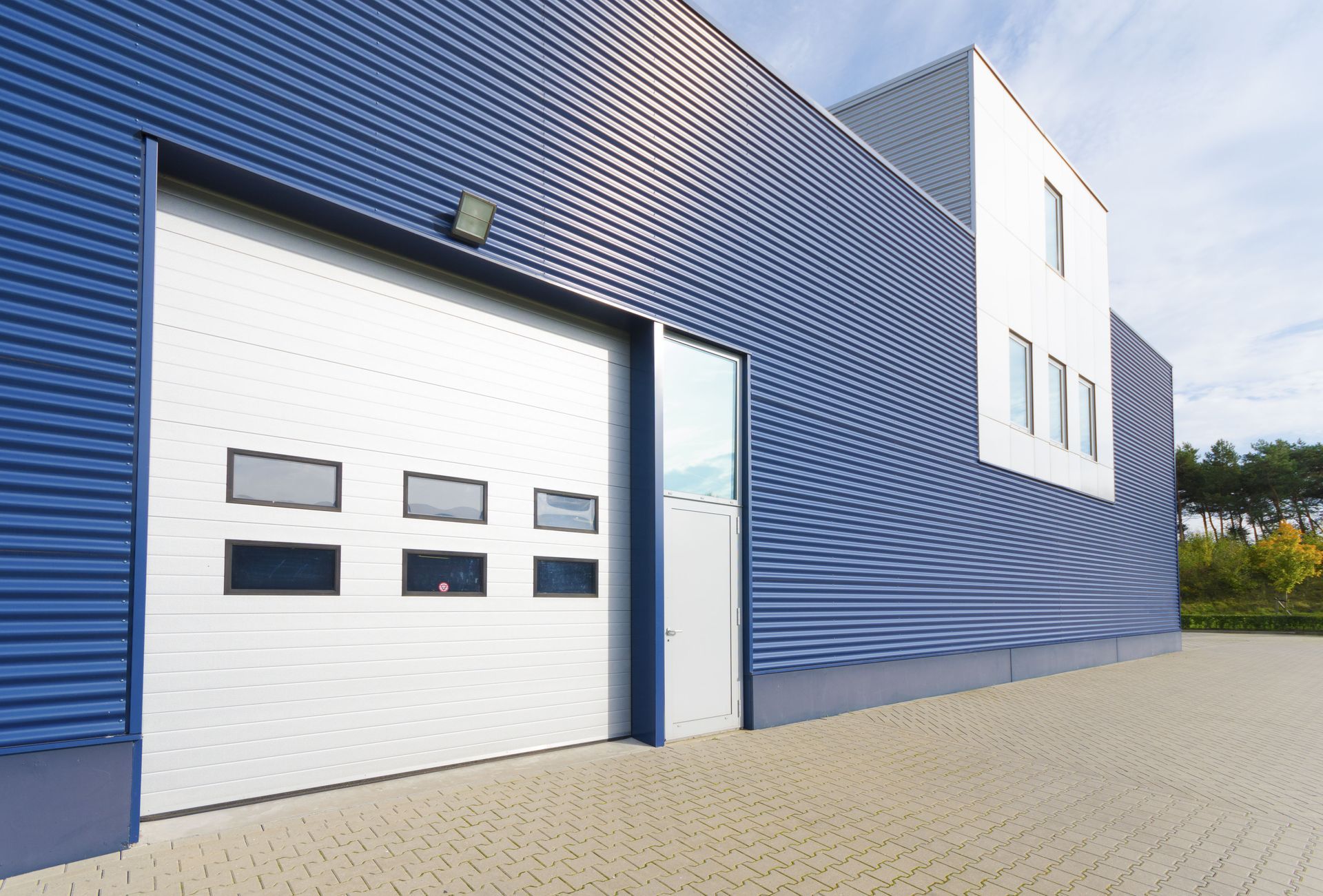
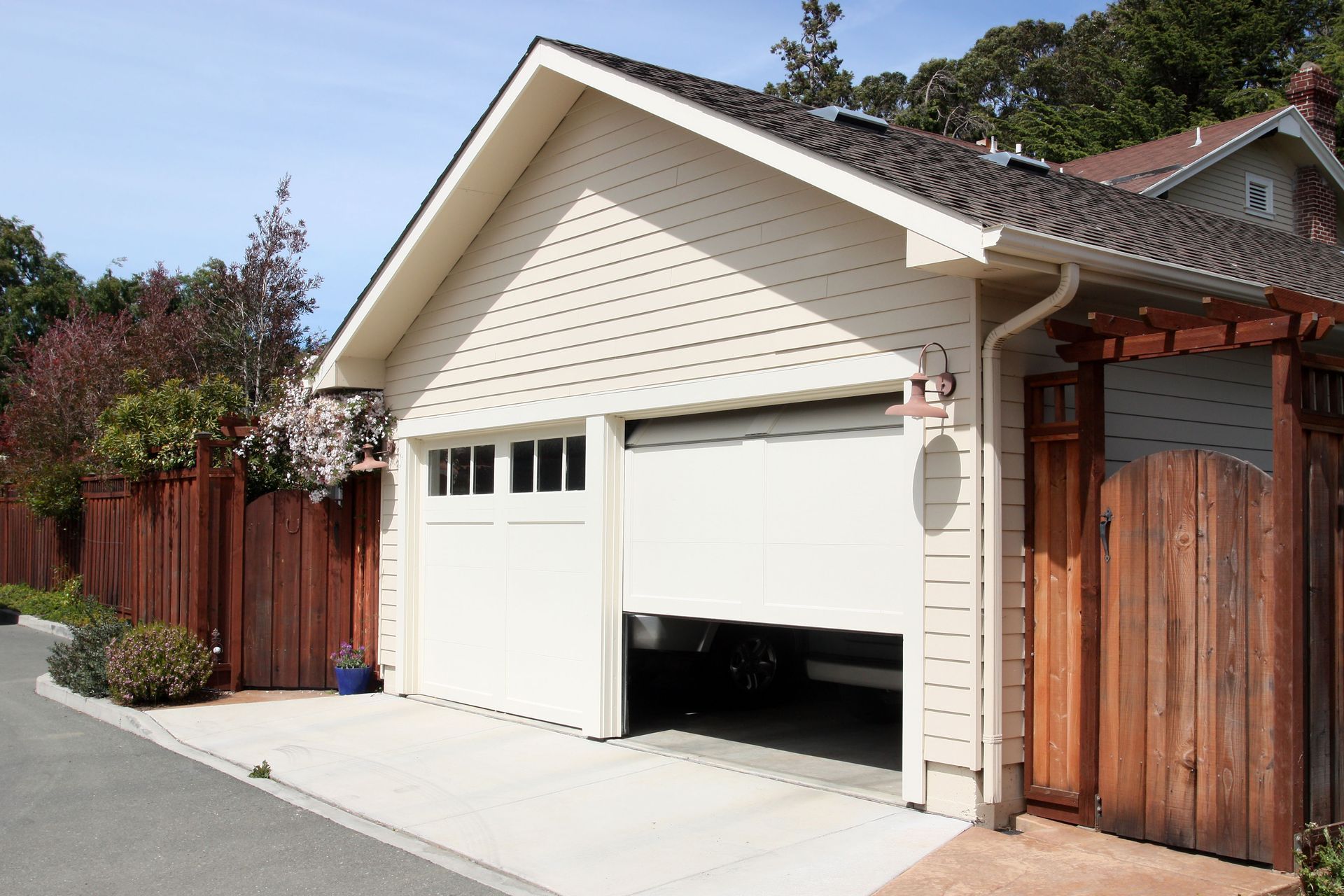
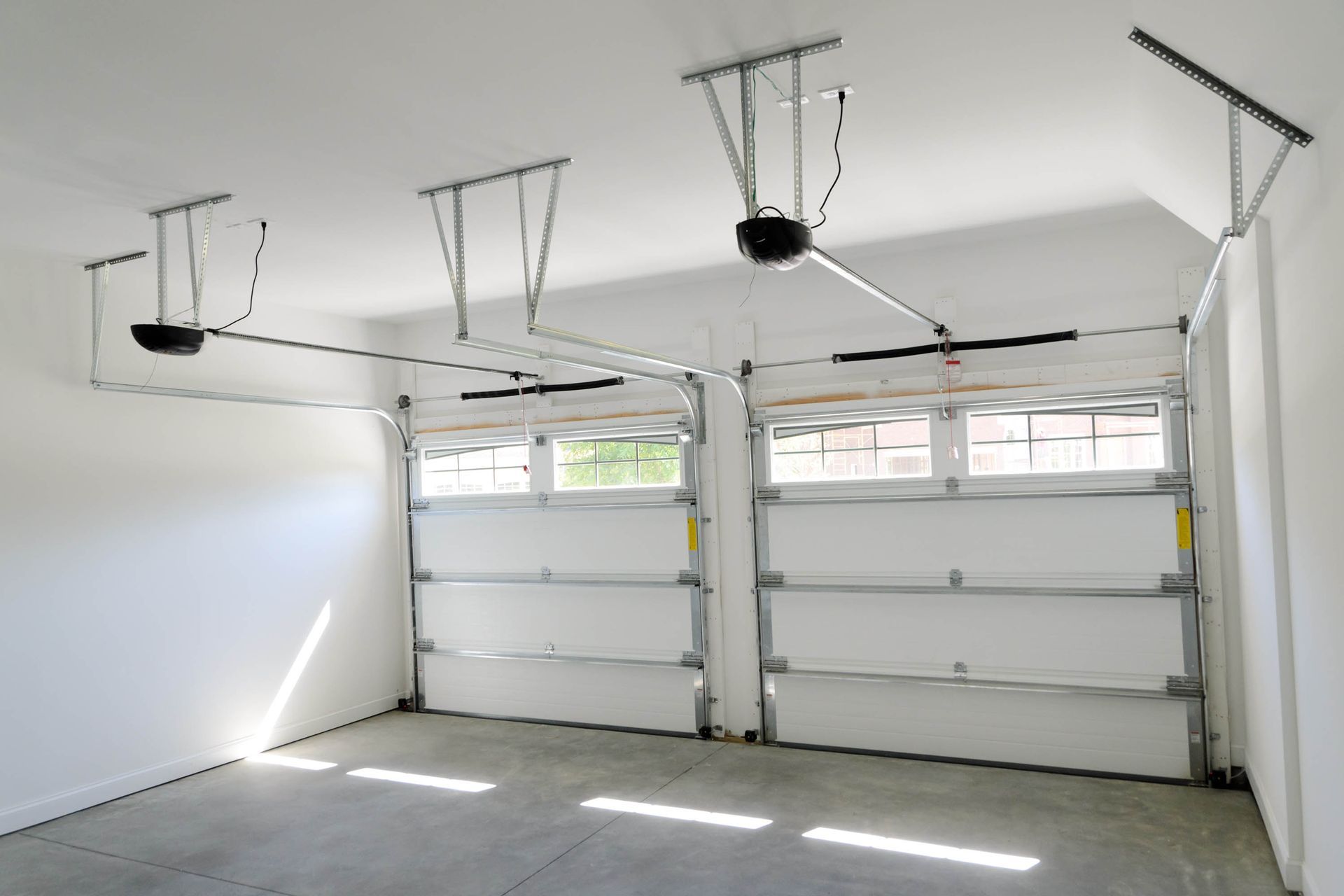
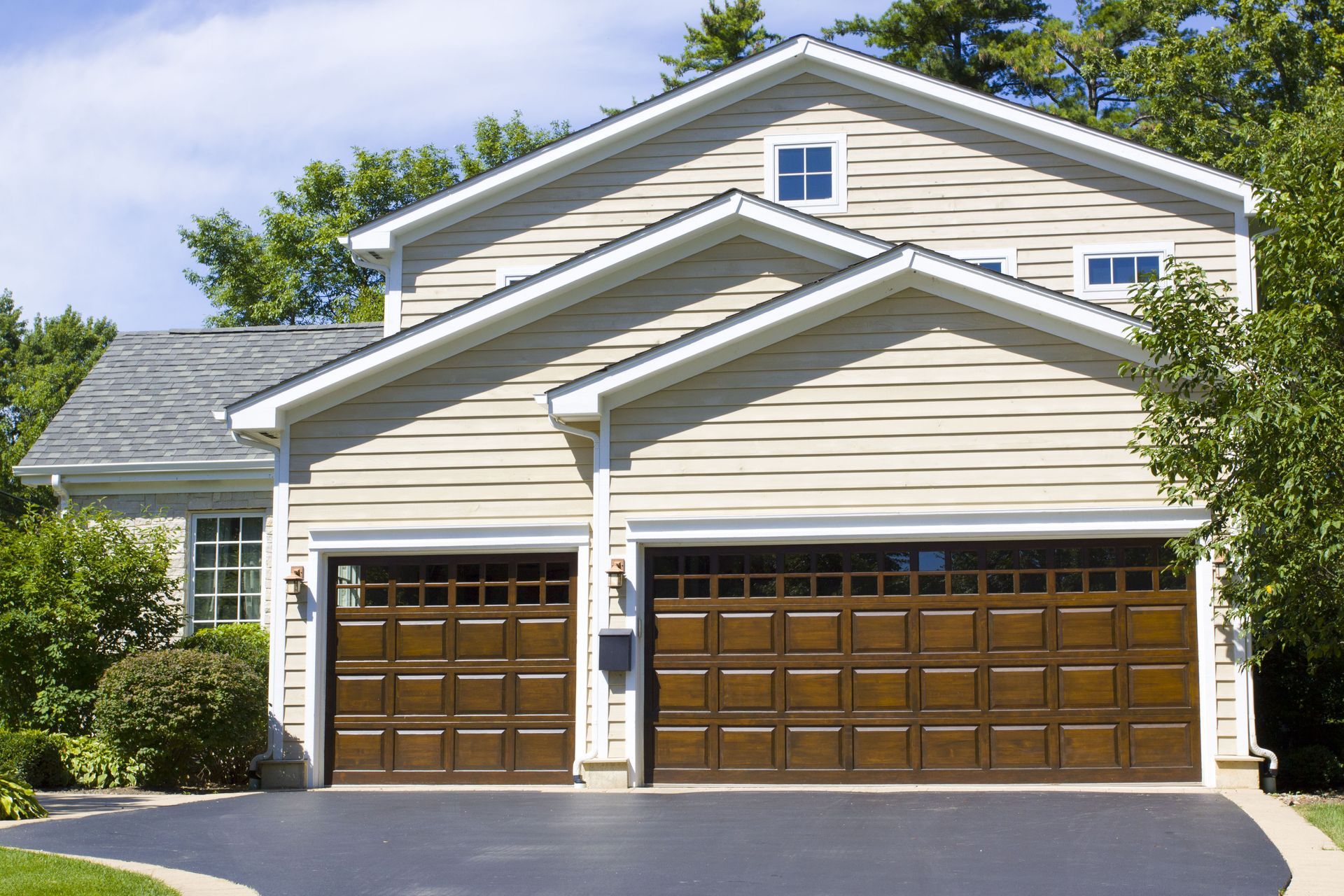
Share On: